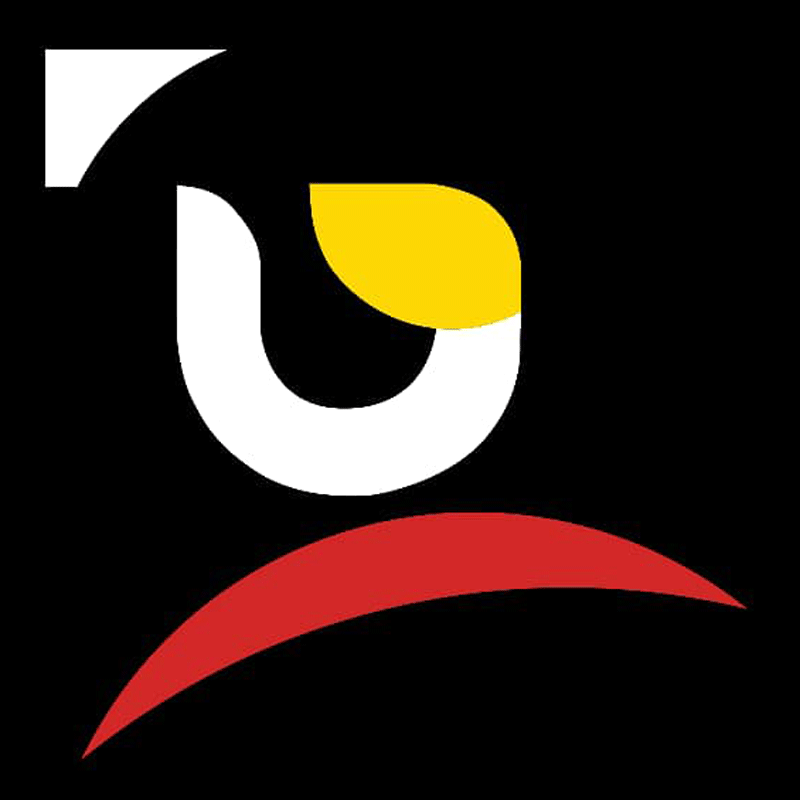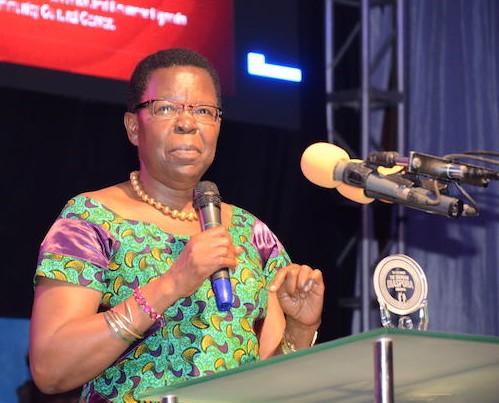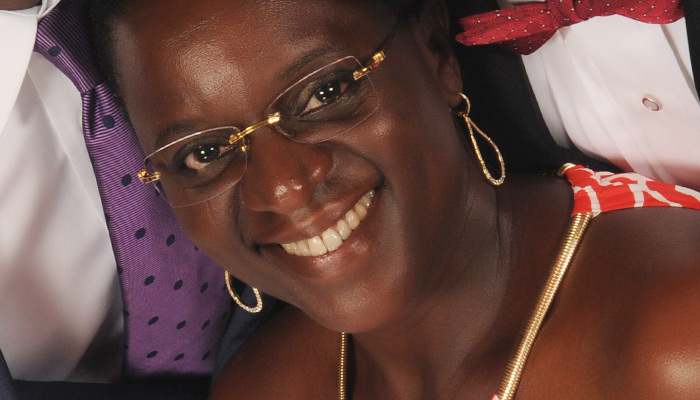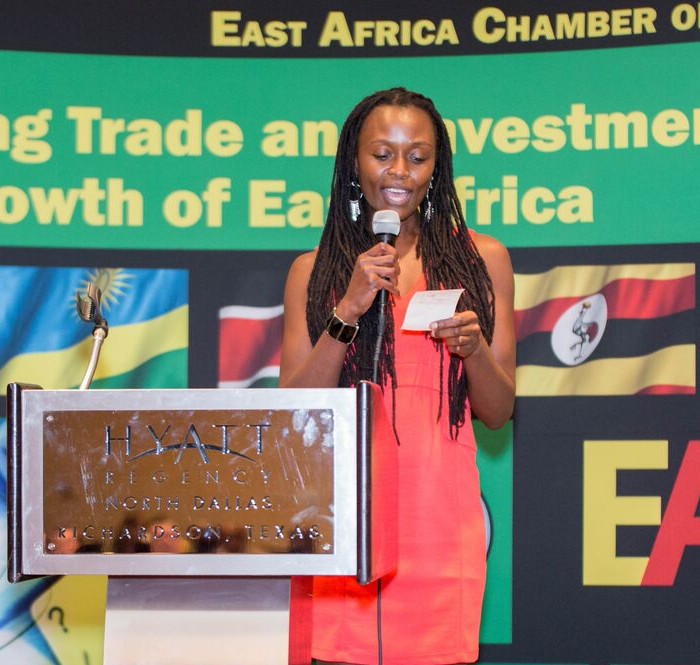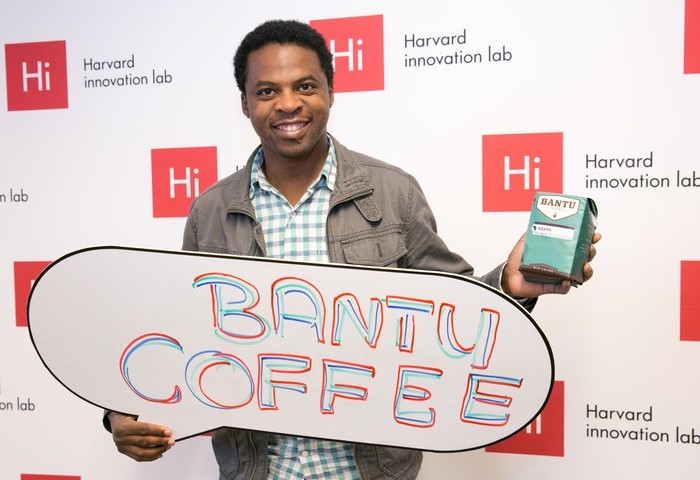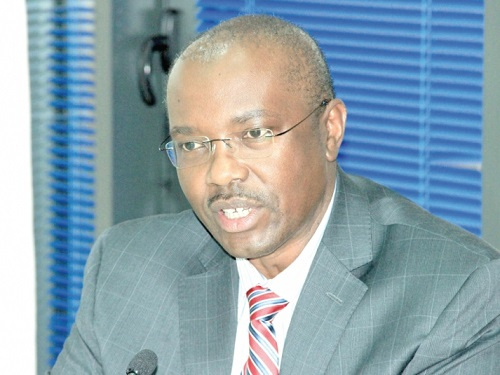Meet Uganda’s Venture Capitalist – Ashish Thakkar, CEO of Mara Group
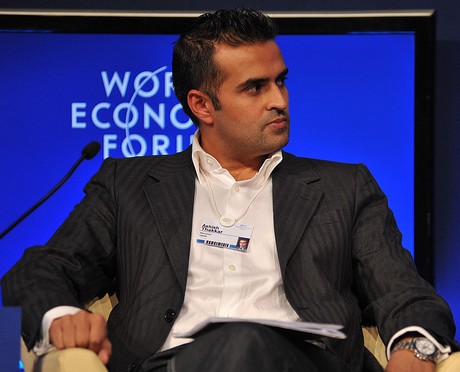
Forbes Magazine — Ashish Thakkar is only 29, but in less than two decades, the Ugandan-born maverick entrepreneur has accomplished what only few attain in their lifetime. Thakkar began his entrepreneurial journey over 15 years ago as a high school student in Uganda where he sold computers to his schoolmates and friends.
That small trading operation snowballed into the Mara Group, a diversified conglomerate with approximately $100 million in revenues, according to Thakkar. Mara has tentacles in everything from Real Estate and tourism to financial services, information and communications technology, renewable energy and manufacturing. The group’s operations span 16 countries in four continents, including Asia. And lest you forget, he didn’t inherit anything; he built it all from scratch.
He is also an astronaut-in-waiting. Thakkar is the only African who shelled out the $200,000 ticket fee for Virgin Galactic’s first flight to Space. When the trip eventually comes through, he’ll be the second African astronaut after South African software millionaire Mark Shuttleworth. Ashish Thakkar recently granted me an audience, during which he recounted his earliest days as an entrepreneur, highlighted his successes, rendered his thoughts on corporate social responsibility and mused on his African legacy.
Take me back to your earliest beginnings as an entrepreneur, right to the time you founded the Mara Group.
My family and I moved to Kampala when I was just fourteen, having been made refugees after the Rwandan genocide two years after moving to Rwanda from the UK. It was when I started school in Kampala that I started selling computers to friends and to the school. That was really when the seed was sown, or perhaps when it came to fruition! After some intense convincing, my parents agreed to let me start my own business on the condition that I would go back to school if it didn’t work out. The rest, as they say, is history.
Tell me about the Mara Group. You started out as a small IT shop, but today you’re a pan-African conglomerate with interests in everything from real estate to financial services, tourism and BPO services. Walk me through the evolution of the group and all the companies in the group
We started in IT, then diversified into packaging and property development, and through the years have ventured into infrastructure, asset management and now agriculture. Mara Foundation, our non-profit arm, focuses on entrepreneurship and education. The group places equal emphasis on internal growth and structure and on strategic partnerships with global experts in various fields.
You are still very young. At 30, you’ve achieved so much. What has been the catalyst for you success
I’m not 30 yet.
It’s difficult to identify one specific reason or catalyst, but above all other things, I believe a strong sense of perseverance, always thinking big and aiming high, and of course positivity, has allowed me to realize my vision. We have a truly motivated team and take pride in our energetic, flexible and long-term approach to relationships with employees, partners and clients. This, combined with astute leadership and a can-do culture built on motivation and people, is what pushes Mara onwards and upwards.
You were recently appointed a World Economic Forum Young Global Leader. How did that make you feel?
It is a real honor to be part of such an inspiring community of outstanding leaders who are committed to jointly shaping a better future for the world. Bringing together young leaders from all around the world, this forum is rather like a global think tank, bouncing with energy and ideas. Being a part of it is great for myself and for Mara, and a real source of inspiration.
You do business in Uganda. Is Uganda really an easy place to do business? Have you had to navigate some bureaucratic bottlenecks in trying to do business, and is corruption still a major problem?
A ranking developed by the World Bank to gauge the ease of doing business in different countries shows that Eastern African countries are comparable to the other BRIC nations (Brazil, Russia, India, China), with Kenya outperforming Brazil, Russia and India. This is only one indicator out of many that point to the future potential of East Africa as an investment hub. Added to that is the social stability of this region and the considerable availability of talented human capital. We are very active and fortunately we have built a strong network of contacts both in government and in business. Business at the end of the day is about people and relationships and we are very good at developing both.
The risks in Africa are not very different from other emerging markets. It is true that in certain countries within Africa corruption is a challenge, but that is not the case for the whole continent. Countries like Ghana, South Africa, Senegal, Tanzania and Zambia show similar levels of transparency (anti-corruption) compared to the BRIC nations (according to Transparency International’s Corruption Perception Index). Botswana and Rwanda are considered to be more transparent than the BRIC nations.
How much is the Mara Group worth today, and how many people do you currently have in your employ?
Mara Group employs over 5,000 people and has a presence in 18 African countries.
In a nutshell, what is the most important piece of advice you’ll give to young, entrepreneurial inclined individuals out there?
If I had someone to tell me how to do things, what to do and what not to do, Mara Group would be in another place altogether – 5 years ahead I would say. So for me, the first element is mentorship and having access to a community of like-minded individuals. If you have the idea, the business plan, the team and the leadership to execute it, the funding will come more easily, but key to all this is a mentor to guide you! The advice I would give is to be persistant and never give up, challenges are a part of the process, take them on head on.
Do you believe corporations must be socially responsible and give back to the societies in which they do business? What has the Mara Group done so far to uplift the communities in which it does business?
I believe it is imperative for businesses to give back to their communities. I have taken my greatest lessons in business and created the Mara Foundation to help early stage entrepreneurs. We are very proud of the work we do through the Foundation which is helping to tackle problems in education and providing much needed support to young entrepreneurs at the start of their journey. Mara Foundation provides three different types of support. The first is the Entrepreneur Launchpad, a business mentorship program which connects emerging entrepreneurs with top business leaders who have volunteered to provide mentorship for six months. This project has mentored around 120 small businesses in East Africa so far.
The second is Mara Launchpad, the Base for Growing Businesses, an innovation and enterprise center for young businesses, where entrepreneurs pay an affordable fee to access a professional office space and a community of like-minded individuals. This provides visibility and credibility which enables them to grow. The third element is the Mara Launch Uganda Fund, which offers venture capital to start-ups and growth-stage companies in Uganda to start with. Our vision is to copy and paste these initiatives in other African countries too.
What is the worst business decision you’ve ever made in your career?
Ten to twelve years ago, the mistake I made was whenever I started a new project I wouldn’t focus on existing ones. That was a huge mistake. You must always keep your eyes on all the balls, no matter how small or big those ventures are.
What is the biggest lesson you’ve learned in business?
Always be down to earth and approachable. The day your arrogance or ego kicks in, it’s all over. Always remember, no matter how big you become you will still always be a drop in the ocean in the grand scheme of things.
I read that you’ll soon be traveling to space. Tell me a little about it.
I am very excited. I took up this challenge to show that we, as Africans, have the vision and ability to reach for the stars!
At the risk of sounding cheeky, how much are you worth?
I wish I knew.
What will your African legacy be?
My biggest driver is to see Africa prosper and compete aggressively on a global scale. I am very passionate about this and firmly believe that the Indian Tiger and the Chinese Dragon have had their days and it is now time for the African Lion! Mara Group proudly wears the logo of the African Lion to symbolize Africa’s coming of age and we champion this cause in any way we can.
